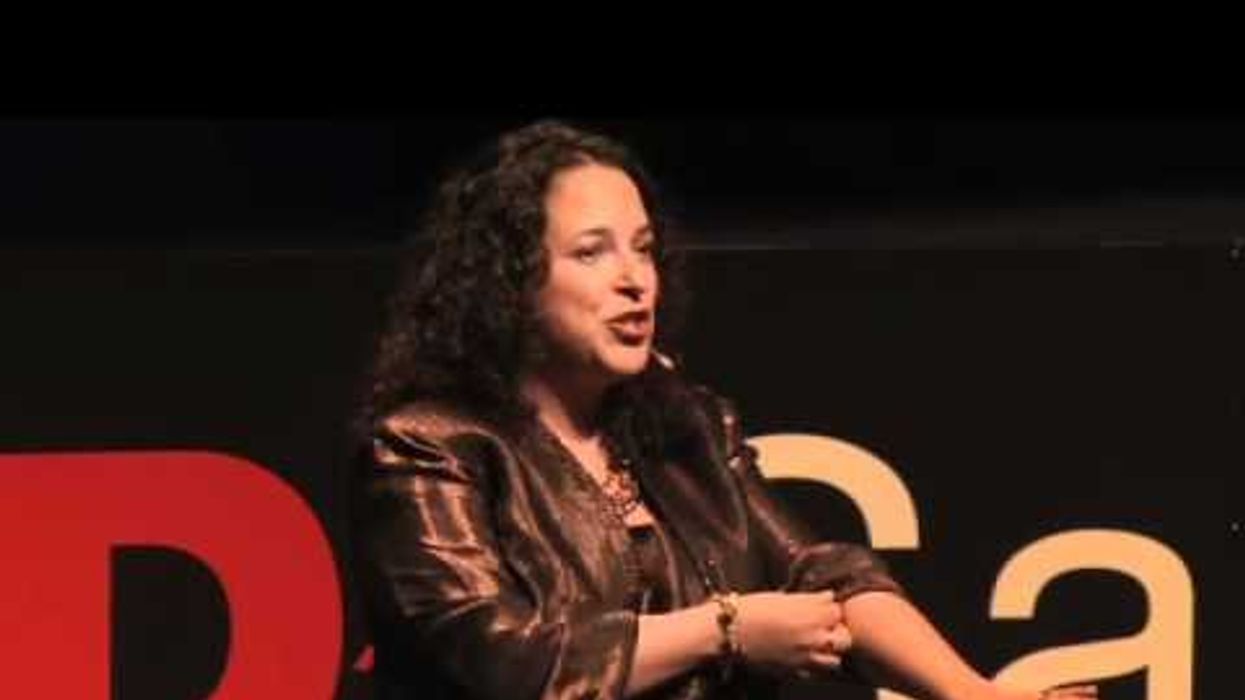In a new TikTok trend, people are sharing their experiences of "glass child syndrome," where they felt invisible during their childhood.
The term itself has been spoken about in media before, back in 2010 Alicia Maples gave a Ted Talk on her experience being a glass child, having grown up with a sibling that has autism.
"Did you get enough love, my little love?" is the audio lyric that plays on many of the videos from the trend.
Sign up to our free Indy100 weekly newsletter
Here is a breakdown of what it means to be a glass child.
What is a glass child?
A "glass child" is the siblings of kids who had/have disabilities.
Although glass connotes images of being fragile, the term actually refers to the fact that glass is see through, which represents care-givers who can see straight through them i.e. not meet their needs due to their focus and attention being on the disabled child.
@whitneygoodmanlmft Were you a glass child? #glasschild #family #familydrama
What is it like to be a glass child?
Since the trend has begun to circulate on TikTok, there have been 57m views on videos with the hashtag "#glasschild," as an array of people have opened up about their experience.
TikToker @blondeicedcoffee described how as a six-year-old and she was "with the 20th babysitter who was available and hardly knows your name," while her mum was "gone all day" with her brother to the hospital and her dad "sleeps all day because he spends nights there."
@blood.spitter My fyp loves to hurt me lol #glasschildsyndrome #glasschild
She added: "...you wonder why your parents don't love you as much as your sibling," in a clip that received 1.5m views.
Although, @umcasey, has said there are benefits to being a glass child. Alongside her video, she wrote in the TikTok caption:
“I may be a glass child but I also got to meet the cast of Wizards of Waverly Place for my sister’s Make-a-Wish trip and do tea parties with my grandma while she was doing chemo and go to a bunch of charity galas where I was fed the best food of my life."
“Yeah my mom didn’t pay me as much attention but I also don’t have literal cancer.”
Some of the disabled siblings have responded
While glass children are sharing their experiences, some of the disabled siblings have discovered the meaning of the word and have posted videos about how this makes them feel.
"Learning the meaning of glass child and realising you're the reason your sibling is one," @jasminestrathdee wrote in a video, as she noted "the guilt" she feels in the caption.
@jasminestrathdee The guilt #fyp #foryoupage #borderlinepersonalitydisorder #cptsdsurvivor #glasschild #glasschildren #guilty #mentalillness #eupd #bpdwarrior #traumahealing #guilt
While @defnotcalii who wrote a similar sentence, mimed an audio that said: "I would say... I wish you could know... how sorry I am," and added in the caption: "I wish I wasn’t like this either."
Traits of a glass child
While more research is needed to further understand the lived experiences of glass children, here are some the traits that are widely discussed on the topic:
- Being emotionally neglected
- Perfectionism - pressure to be the perfect child
- Staying silent about problems to avoid causing further stress for parents
- Take on parental responsibilities within the family at a young age and become more mature than their peers as a result
- People-pleaser
Are there any long-term effects?
According to RAD Advocates, the silence of glass children can lead to feelings of hopelessness, isolation, depression, anxiety and post-traumatic stress disorder.
Though, again there is limited research in this area in regards to the long-term effects of being a glass child.
Have your say in our news democracy. Click the upvote icon at the top of the page to help raise this article through the indy100 rankings.














